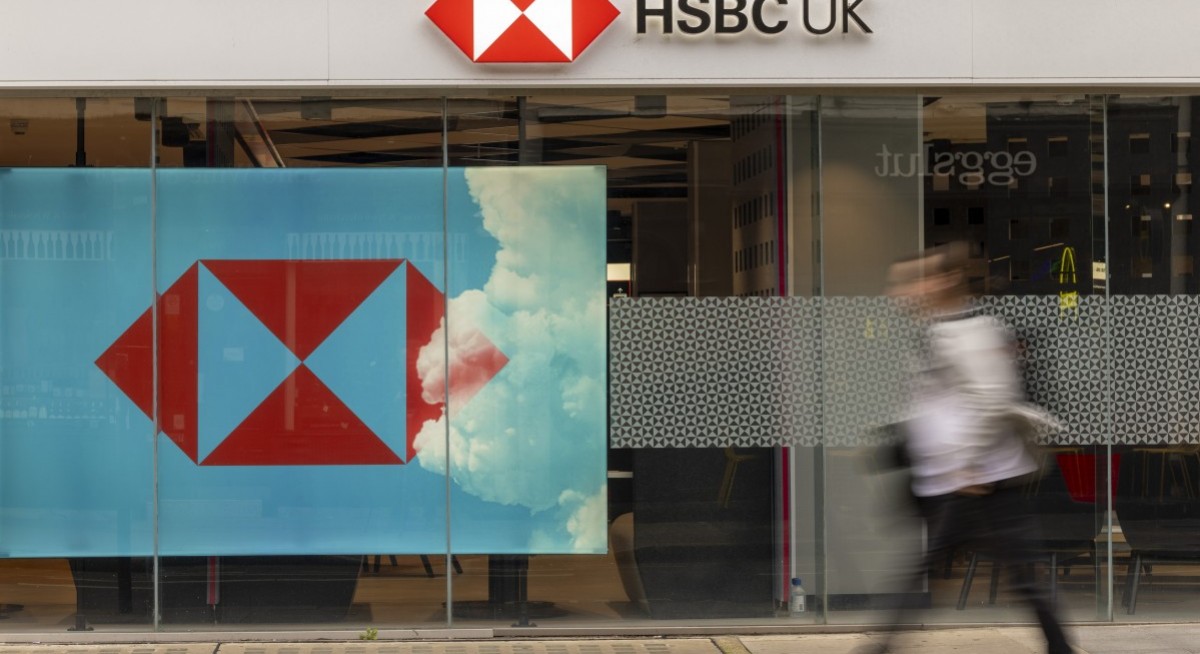The London-headquartered firm is the world’s largest trade bank and an anchor of commerce between the Asia Pacific region and the rest of the world. As the largest non-US clearer of dollars, it has become highly sensitive to the political jostling between Washington and Beijing, who have engaged in a tit-for-tat trade war this year prior to a truce that has appeared to stabilise ties for the moment.
The firm’s geopolitical team was responsible for helping top HSBC managers identify risks in countries the company has a presence in, people familiar with the matter said. Some in the team also advised clients at times, they said.
“We continue to focus on supporting our clients as they navigate a complex and fast-moving international environment,” according to a statement from HSBC.
Fast-changing geopolitics have weighed on banks’ results in recent months. Investment-banking revenue at the five biggest Wall Street lenders is still almost 40% below the 2021 peak as that uncertainty weighed on merger and IPO volumes.
See also: Commerzbank’s Orlopp urges EU to keep up with US on deregulation
Some rivals have sought to seize on the trend. JPMorgan Chase & Co. debuted a Center for Geopolitics in May to offer clients advice on everything from “the new Middle East chessboard” to “the endgame in the Russia-Ukraine war”, according to a statement at the time. Goldman Sachs Group and Lazard also offer clients advice on the topic.
The HSBC move comes as Wells Fargo & Co. suspended travel to China after one of its top trade financing bankers was blocked from leaving the country, the latest case of authorities imposing exit bans on staff of foreign firms.
The disbanding of HSBC’s team is the latest change under CEO Georges Elhedery, who’s been pushing through a sweeping overhaul of Europe’s largest lender ever since he took the reins last year in order to curb costs.




